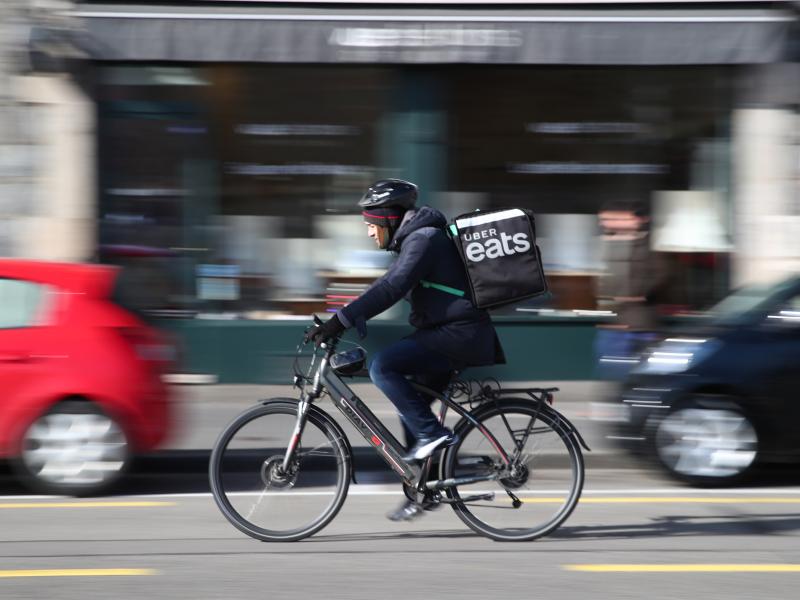The Australian Senate has today passed world-leading legislation that enforces minimum standards for gig economy and road transport workers. The bill is on track to pass the House on Monday.
The ‘Closing the Loopholes’ Bill empowers Australia’s labour regulator, the Fair Work Commission, to set and enforce safer, fairer minimum standards for transport workers. The reform will go a long way towards stopping exploitative competition, guaranteeing fair pay and conditions for road transport workers, and making Australian roads safer.
The win follows years of sustained campaigning and lobbying by the Transport Workers’ Union of Australia (TWU), with TWU National Secretary Michael Kaine declaring: “This reform will save lives, will quell the threat of exploitative gig competition, and will make transport businesses more viable.”
The legislation received wide support from workers, employers, and industry associations and politicians across the political spectrum. The reform also broadens the existing narrow understanding of employee status with one based on the ‘real substance, practical reality and true nature’ of the relationship to an employer providing an opportunity for more gig workers to be classified as employees.
TWU’s National Secretary, Michael Kaine said: “When this reform comes into effect, gig economy workers will gain rights and protections that cannot be evaded by words in a contract or a classification label. This is a sophisticated, world first solution to a global industrial crisis. Australia is leading the way to eradicating century-old exploitation that resurfaced under the guise of newfangled tech.”
“In transport, exploitation kills. There’s no time to waste to purge the industry of deadly pressures to rush, skip maintenance, and stay on the road too long. The Amazon Effect of unchecked supply chain pressure and exploitative gig competition stands no chance against a united industry ready to set enforceable minimum standards.”
Kaine said that agreements reached between the TWU and platform companies Uber, DoorDash and Menulog have formed the foundations for establishing appropriate standards for pay, employment condition that will make transport gig jobs safe, secure and sustainable.
“This is a win for all Australian workers, but it is also a win for transport and gig economy workers worldwide. We would not be here today without the support of workers and unions across the world who are fighting for and winning similar reforms in their countries.”
“The ITF commends TWU and the Albanese government, this is world leading legislation that will inspire people around the world,” said Stephen Cotton, General Secretary of the International Transport Workers’ Federation.
“Pressure on transport workers is a global issue, including challenges facing workers in the gig economy. Rights and standards for transport workers in Australia shows other countries the same is possible.”
“This landmark reform is going to set and enforce standards for fair and safe pay, working time and trade union rights covering all road transport workers in Australia, regardless of if they are classified as employees or independent contractors, or if they work in the gig economy.”
The passage of legislation in Australia comes in the midst of growing global outrage at exploitation and deadly accidents in road transport. In September 2023, the ITF launched a global Safe Rates campaign, which calls on governments and industry stake holders to implement legal reforms like the one in Australia.
“We are now calling on all governments, employers and multinationals to work with us and our affiliates to pass similar reform and to ensure that fair and safe standards are enforced throughout their supply chains.”


